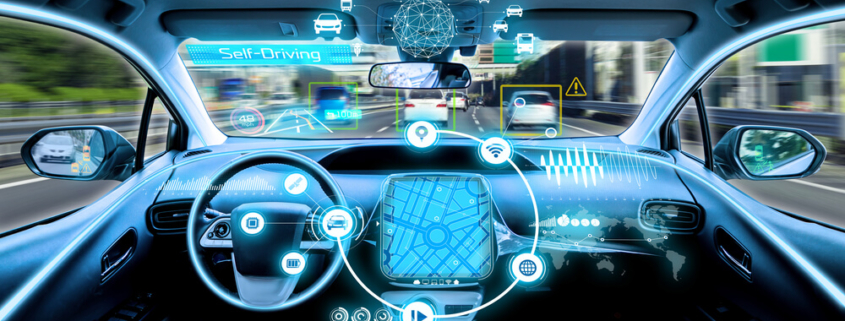The Future of Trucking Safety: Autonomous Trucks and Accident Prevention
The trucking industry is constantly evolving. The demands on the industry have only grown in recent years, highlighting what an important part of our economy it is. However, accidents continue to be a significant problem for the field as a whole. While most CDL holders are safe drivers that take their commitment to this field seriously, when accidents do occur, they can be catastrophic. Autonomous trucks have been on the horizon for a while now, leading many to wonder what that might look like in day-to-day life.
Have you been involved in a truck collision? It’s important to work with a truck accident lawyer who can help you fight for the compensation you deserve. Call Bailey, Javins & Carter at 678-210-3292 to set up a consultation now.
How Autonomous Trucks May Promote Safety
A shift to autonomous trucking could lead to massive safety benefits. Autonomous trucks all but eliminate room for human error, which is the primary factor in the vast majority of all vehicle accidents. When fatigue, distractions, and human nature creep in and affect one’s driving habits, the risk of a collision goes up. Autonomous driving’s formulaic approach could drastically reduce accident rates. These types of vehicles have increasingly advanced technology that senses obstacles and responds to a vehicle’s surroundings, enabling the vehicle to respond faster than a human could.
Artificial intelligence gathers enormous amounts of data, and you can expect autonomous trucks to collect data on everything they encounter. The more data firms gather from self-driving trucks, the more they can improve technology and further improve accident rates.
Challenges Posed by Autonomous Trucks
Any huge technology change comes with its hurdles to clear, and autonomous vehicles are no different. To start, the regulatory challenges are immense. The legislation would need to address every aspect of autonomous commercial vehicles to ensure that accidents and injuries would be fairly compensated by appropriate parties. Laws would also establish strict safety standards required for an autonomous vehicle to run on public roads.
Technical reliability is a significant issue; human drivers panic when their GPS lags and circles endlessly right before a turn. AI cannot think without technical connectivity, and a lag of even a few seconds could have far worse outcomes. Operators would need to have constant connectivity and a way to avoid crashes if technology were to fail.
Public acceptance of self-driving vehicles may take time. Everyone has seen viral videos of self-driving cars crashing into humans or other objects because the vehicle simply didn’t recognize them as obstacles, and those images stick with people for a long time. Overcoming this stigma will be a challenge.
The economic outcomes of autonomous trucks could be devastating. Truck drivers make up a significant portion of the economy, and their sudden loss of work opportunities could leave them disenfranchised and with limited options.
Human Operators and Their Role in Autonomous Trucking
While artificial intelligence will play a major role in autonomous trucking, human operators will still be required. Some situations require human reasoning and expertise. Humans may be used for remote monitoring of vehicles, where they can ensure that a truck is on course and connected to the network. They can also respond to error codes and situations that the driving technology is not equipped to handle.
Autonomous trucks will need even more maintenance, inspections, and upgrades than current commercial vehicles do. Specialists will be trained in the use of AI technology so they can perform necessary repairs and get trucks ready for the road.
Human beings will also be necessary at the beginning and end of each trip. They may help trucks in getting out onto the highway and avoiding pedestrians. At the end of a trip, they may be required for unloading, signing documentation, and ensuring that the trip ends smoothly.
Injured in a Truck Accident? Contact Bailey, Javins & Carter Today
Autonomous trucking could do a lot to decrease commercial accident rates. If you or someone you love has been injured in a commercial truck crash, the team at Bailey, Javins & Carter can help you fight for justice. Call us at 678-210-3292 or reach out online to set up a consultation now.

 The Future of Trucking Safety: Autonomous Trucks and Accident Prevention
The Future of Trucking Safety: Autonomous Trucks and Accident Prevention
 How Do Cargo Loading and Securement Practices Contribute to Truck Accidents?
How Do Cargo Loading and Securement Practices Contribute to Truck Accidents? Social Media and Truck Accidents
Social Media and Truck Accidents